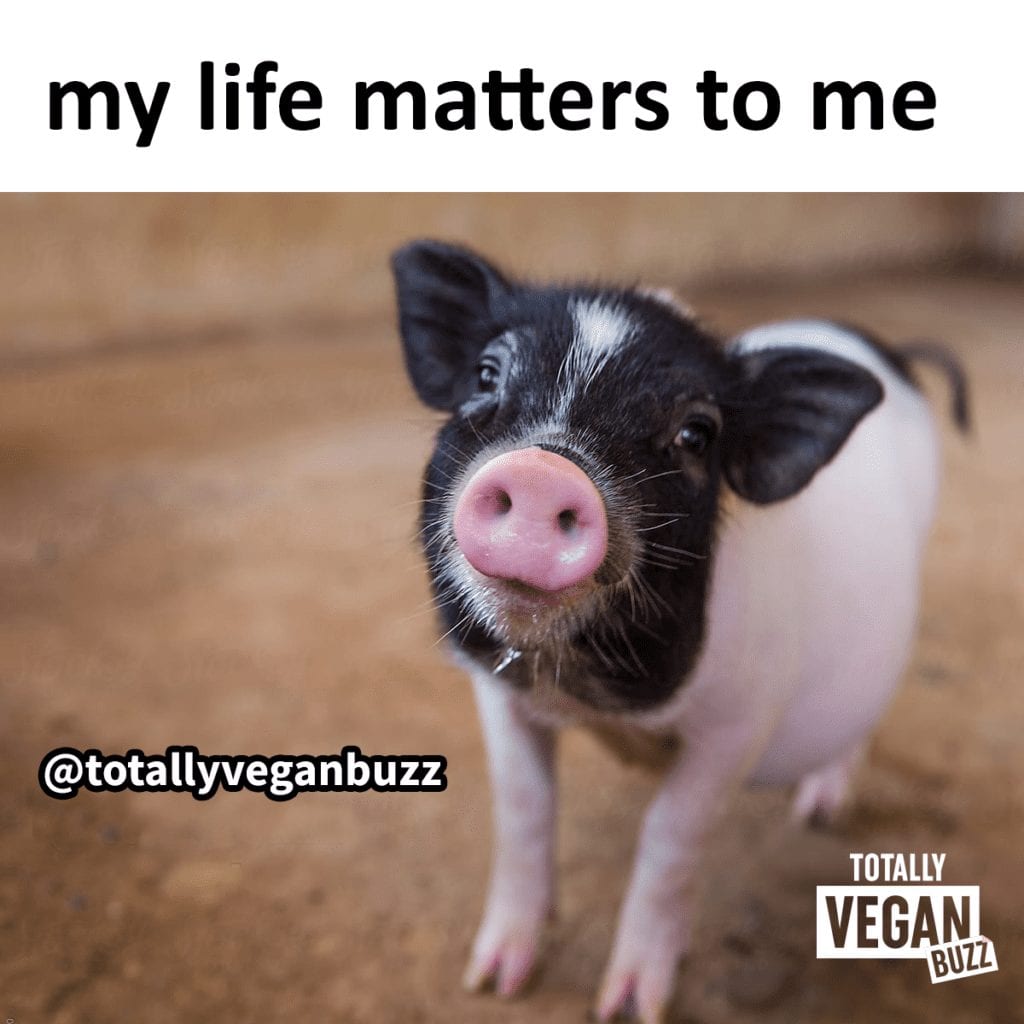
The University of Cambridge has voted in favour of vegan menus.
A Cambridge University lecturer has expressed his concern about the student union’s vote to move to an all-vegan menu.
It comes after the student union voted in favour of beginning talks to implement “sustainable and 100 percent plant-based” catering at university cafés for environmental reasons.
The motion was proposed by organisers of the Plant-Based Universities (PBU) campaign in response to “climate and biodiversity crises.” It was voted in favour by 72% of non-abstaining student representatives.
PBU Cambridge, backed by the Cambridge student union, will now enter a dialogue with the University Catering Services.
However, Dr. Chris Smith, a consultant virologist and lecturer at Queens’ College, said he finds the plan “worrying on many levels.”
Sharing his opinion in The Telegraph, he said his GP wife regularly sees young people, especially girls, who have “embraced faddy diets, including veganism.”
He said: “As a result, they end up tired, anaemic and underperforming. Is this the outcome we want at one of the world’s best universities?
Being plant-based doesn’t make it ‘green’
Dr. Smith added that it is a “gross assumption” that a “comprehensive vegan diet for all is a good and healthy idea” and “automatically addresses the climate and biodiversity crises.”
According to him, the students advocating for this change should examine the discoveries of Charles Darwin, “a former Cambridge meat-eating academic and founding father of evolution.”
He wrote: “The structures of our teeth, and those of our close animal relatives, speak volumes on this, telling us that we are adapted to consume a range of foodstuffs, including meat, and not just nuts, Quorn, and quinoa.”
He continued: “This is obviously an extreme example, and I’m not saying that going vegan carries all these risks, but eating what is a grossly unnatural diet is most certainly not risk-free.”
He agreed: “ Yes, the majority of us in the West probably do eat a bit too much meat, but many who launch themselves down the vegan dietary track unwittingly become deficient in a range of key vitamins and iron, potentially robbing their cognitive and physical performance.”
Seemingly throwing shade on whether a vegan menu really would be better for the environment, he argued, it can be “worse for the planet than serving up roast chicken.”
“Just because it’s plant-based doesn’t make it “green,” he added.
Dr. Smith also voiced his doubt regarding the actual sentiment of the students, pointing to the queues at the kebab stand in Market Square and the nearby greasy spoon cafe near Trinity College.
However, according to research conducted by The Good Food Institute, around 74% of students have adopted flexitarian diets, meaning that they are actively looking for plant-based alternatives to traditional animal-based products.
Will the university go meat-free?
The vote in favour of an entire vegan menu does not guarantee a full transition to veganism, as the power to change food policies lies with the university.
Moreover, the vote also does not directly apply to the university’s 31 colleges, although it does encourage them to begin transitioning to plant-based menus.
A university spokesperson told Cambridge Live: “The University of Cambridge removed ruminant meat from the menu in all University Catering Service cafes in 2016 and has a sustainable food policy that also seeks to actively promote plant-based options, remove unsustainable fish from the menu, and reduce food waste.
“We always welcome suggestions from students and staff.”
Institutes steer away from meat
The University of Cambridge is one of the many educational facilities in the UK to support plant-based eating.
Last year, Scotland’s University of Stirling announced it would remove all animal products from its food outlets by 2025.
This decision was also orchestrated by the Plant-Based Universities Campaign, a nationwide effort launched by students advocating for plant-based catering at their universities.
Several other educational institutions, such as Stanford University, have also announced plans to reduce the amount of animal products served on campus in favour of plant-based alternatives.
Share this story: Cambridge university lecturer says vegan menu plan is “worrying on many levels’.
Lifestyle
Vegan culture, food, beauty & more
Is Tobey Maguire vegan? Here’s what we know
- Mohsina Dodhiya
- 17th August 2023
Tobey Maguire often speaks about veganism and animal issues. Tobey Maguire, the actor best known for playing Spider-Man in the Sam Raimi trilogy, is a vegan. He has been a vegetarian since 1992 and became a vegan in 2009. A lifelong commitment to animal rights Maguire’s decision to go vegan was motivated by his love …
Continue reading “Is Tobey Maguire vegan? Here’s what we know”
Plant-based food jobs surge with 32% growth in just 3 months
- Mohsina Dodhiya
- 17th August 2023
The number of open jobs advertised in the plant-based industry increased by almost a third from April to July 2023, GlobalData reported. The plant-based food industry is booming, and this is reflected in the number of job openings in the sector. According to data from GlobalData, the number of open jobs advertised in the plant-based …
Continue reading “Plant-based food jobs surge with 32% growth in just 3 months”
VEGAN MEMES
NEED A LAUGH?
QUIZZES
All the quizzes you love to binge!
QUIZ: If you score 11/12 on this quiz, you’re a verified vegan food expert
- Marlon Farrugia
- 10th January 2020
How much vegan knowledge do you have stored away? Do you have to Google your way through a shopping trip, or do you have all the bad E-numbers memorised? Find out now with this quiz. Marlon Farrugia Marlon Farrugia is a freelance writer from Brighton. He has been a dedicated vegan for many years, and …
Continue reading “QUIZ: If you score 11/12 on this quiz, you’re a verified vegan food expert”
QUIZ: What is your perfect Vegan Halloween Costume?
- Marlon Farrugia
- 13th October 2019
Spook Season approaches. There will be ghosts, goblins, ghouls, and glucose. You need a costume, and you want to it to show off your personality, which means VEGAN. But what to choose? Take our quiz to find out your perfect outfit. Marlon Farrugia Marlon Farrugia is a freelance writer from Brighton. He has been a …
Continue reading “QUIZ: What is your perfect Vegan Halloween Costume?”
QUIZ: What kind of vegetable are you?
- Marlon Farrugia
- 26th September 2019
“If you were a vegetable, what kind would you be?” A question that has tormented humanity throughout the ages – until now. Read: QUIZ: If you score 19/20 on THIS quiz, you’re a Vegan God Marlon Farrugia Marlon Farrugia is a freelance writer from Brighton. He has been a dedicated vegan for many years, and …
































